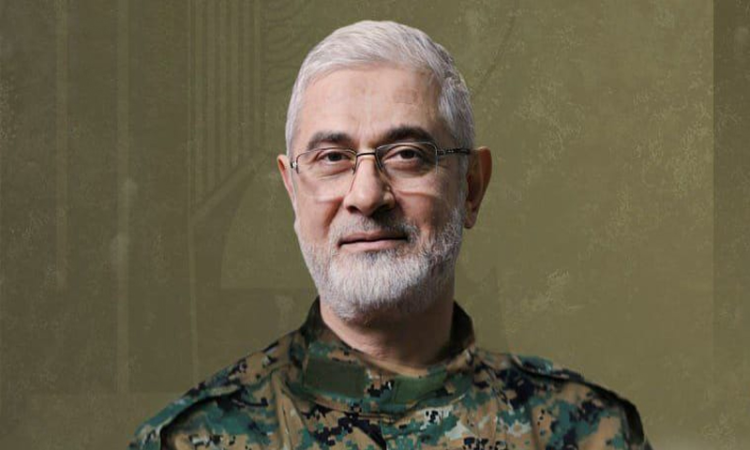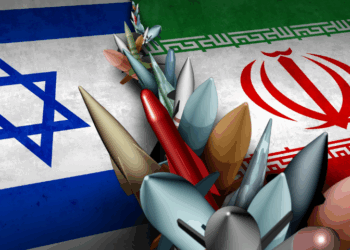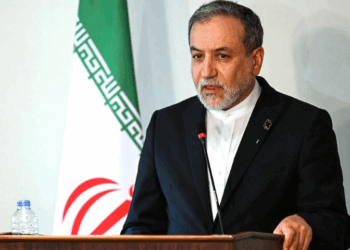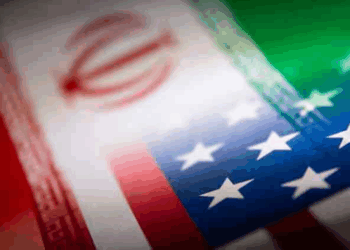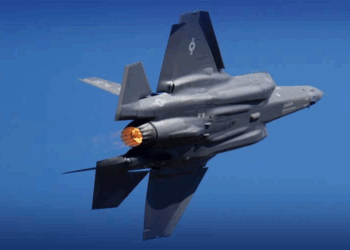Beirut, September 21, 2024-Israel has claimed responsibility for killing Hezbollah’s senior commander Ibrahim Aqil in an airstrike on Beirut, the capital of Lebanon, yesterday. The attack left 12 people dead and 66 injured.
According to foreign media, Lebanese authorities reported that 12 people were killed and 66 injured in the Israeli airstrike on Beirut. The Israeli military claimed that Ibrahim Aqil, a commander of Hezbollah’s elite unit, was also killed in the attack.
It is worth noting that Ibrahim Aqil was wanted by the U.S. for his alleged involvement in the 1983 bombing of the U.S. Embassy in Beirut.
Local journalists reported that the Israeli attack caused damage to the lower floors of a high-rise building in the southern suburbs of the Lebanese capital.
This is the second time since the start of the Gaza war that the Israeli military has targeted a senior Hezbollah commander. Earlier, on August 1, a day after the assassination of Hamas’s former leader Ismail Haniyeh in Tehran, Hezbollah’s senior commander Fouad Shukr was killed in a drone strike.
The Israeli airstrike in Beirut occurred after explosions on Tuesday and Wednesday killed a total of 37 people and injured thousands, including many Hezbollah members. These explosions were linked to communication devices (pagers and walkie-talkies) used by Hezbollah members.
The Iran-backed Lebanese organization Hezbollah has accused Israel of being responsible for these attacks.
The Israeli military stated that the operation to kill Hezbollah commander Ibrahim Aqil was a “targeted action” in which approximately 10 senior Hezbollah commanders were killed.
A close source to Hezbollah, speaking on condition of anonymity, confirmed Aqil’s death, but the organization has not officially confirmed the commander’s death.
It is notable that the U.S. had offered a $7 million reward for information leading to Ibrahim Aqil.
Yesterday, Hezbollah’s leader Hassan Nasrallah, in response to the pager and walkie-talkie attacks, said Israel had crossed all “red lines” and warned that these attacks could be considered war crimes or an act of war.
Speaking from an undisclosed location on television, Hassan Nasrallah acknowledged the damage caused by the attacks, stating, “There is no doubt that these attacks have dealt a severe blow to us, the likes of which have no precedent in the history of our resistance movement and Lebanon.”
He vowed that Israel would be held accountable for the explosions.


